Summary
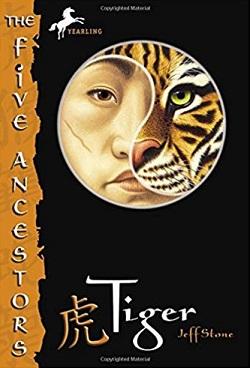
Tiger (Five Ancestors 1)
by Jeff Stone
Twelve-year-old Fu and his temple brothers Malao, Seh, Hok, and Long don’t know who their parents were. Raised from infancy by their grandmaster, they think of their temple as their home and their fellow warrior monks—their “temple brothers”—as their family. Then one terrible night, the temple is destroyed. Fu and his brothers are the only survivors. Charged by their grandmaster to uncover the secrets of their past, the five flee into the countryside and go their separate ways. Book #1 follows Fu as he struggles to find out more and prove himself in the process.
.
Read
Tiger (Five Ancestors 1) on http://kissnovel.net
Martial Peak Reviews
In the realm of middle-grade literature, Jeff Stone's Tiger (Five Ancestors 1) stands out as a compelling introduction to a series that combines adventure, self-discovery, and the rich tapestry of martial arts. The story follows twelve-year-old Fu and his temple brothers—Malao, Seh, Hok, and Long—who have been raised in a secluded temple, unaware of their origins. This backdrop sets the stage for a gripping narrative that explores themes of identity, family, and resilience.
The book opens with a heart-wrenching scene: the destruction of the temple, which serves as both a home and a sanctuary for Fu and his brothers. This pivotal moment not only propels the plot forward but also serves as a catalyst for character development. The loss of their home forces the brothers to confront their past and embark on a journey of self-discovery. Each character is distinct, with their own strengths and weaknesses, which adds depth to the narrative. Fu, in particular, is portrayed as a determined and introspective character, grappling with feelings of inadequacy and the desire to prove himself. His journey is not just physical but also emotional, as he seeks to understand who he is beyond the confines of the temple.
One of the most striking aspects of Tiger is its exploration of the concept of family. The bond between the temple brothers is palpable, and their shared experiences create a sense of camaraderie that resonates throughout the story. Stone skillfully illustrates how family can be defined not just by blood but by shared experiences and mutual support. As the brothers go their separate ways, the narrative delves into the idea that family can also mean finding one’s place in the world, a theme that will resonate with young readers navigating their own identities.
Stone's writing is accessible yet evocative, making it suitable for its target audience while also engaging older readers. The pacing is brisk, with action sequences that are well-crafted and thrilling. The martial arts elements are seamlessly woven into the story, providing not only excitement but also a sense of authenticity. Stone's background in martial arts shines through, as he incorporates various techniques and philosophies that enrich the narrative. This attention to detail will likely inspire readers to learn more about martial arts and its cultural significance.
The world-building in Tiger is another highlight. Stone paints a vivid picture of the countryside, contrasting the serene beauty of nature with the chaos of the brothers' lives. The settings are not merely backdrops; they play a crucial role in shaping the characters' journeys. As Fu travels through different landscapes, he encounters various challenges that test his resolve and force him to confront his fears. This journey is symbolic of the transition from childhood to adolescence, a theme that is universally relatable.
Moreover, the book subtly addresses the importance of mentorship and guidance. The grandmaster, though absent for much of the story, serves as a moral compass for Fu and his brothers. His teachings resonate throughout their journey, reminding readers of the impact that mentors can have on our lives. This theme is particularly relevant in a world where young people often seek guidance as they navigate complex social landscapes.
While Tiger is a standalone story, it sets the stage for the subsequent books in the Five Ancestors series. The cliffhanger at the end leaves readers eager for more, as Fu's quest for identity and understanding is far from over. This element of suspense is masterfully executed, ensuring that the audience remains invested in the characters' futures.
In comparison to other middle-grade adventure series, such as The Last Kids on Earth by Max Brallier or The 39 Clues series, Tiger offers a unique blend of martial arts and philosophical exploration. While both series focus on adventure and camaraderie, Stone's work delves deeper into the emotional and psychological aspects of growing up. The emphasis on identity and the search for belonging sets it apart, making it a valuable addition to the genre.
In conclusion, Tiger (Five Ancestors 1) by Jeff Stone is a captivating read that combines action, adventure, and profound themes of identity and family. The character development is rich, the world-building is immersive, and the narrative is both engaging and thought-provoking. Young readers will find themselves rooting for Fu as he embarks on his journey, and the lessons learned along the way will resonate long after the final page is turned. This book is not just a story about martial arts; it is a heartfelt exploration of what it means to find one's place in the world. For those seeking an adventure that is both thrilling and meaningful, Tiger is a must-read.







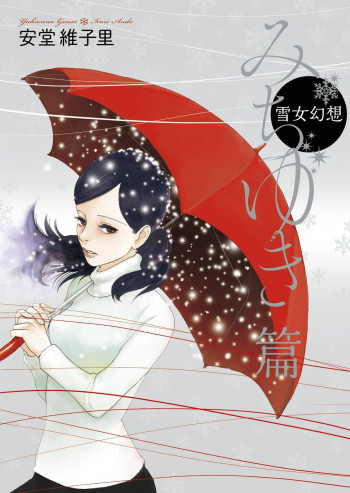

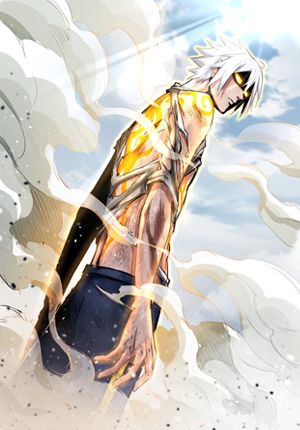


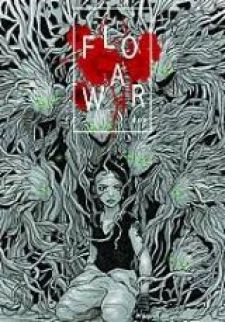
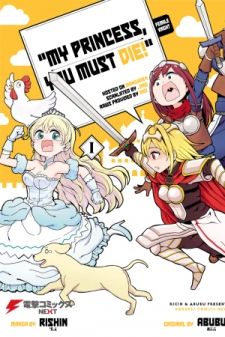










Reviews 0
Post a Reviews: